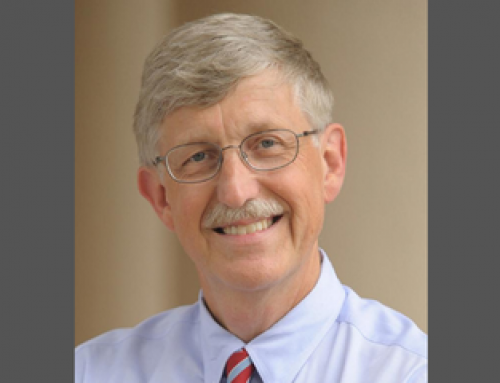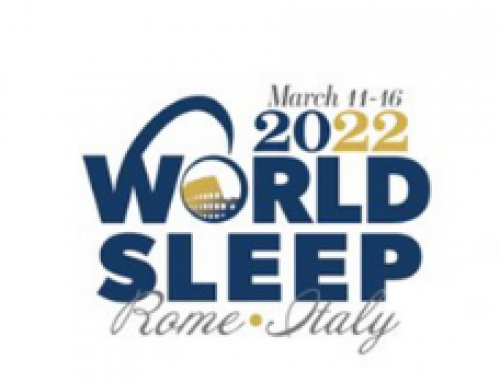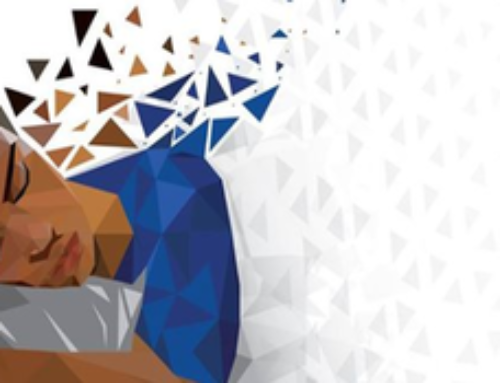DARIEN, IL – Several of the world’s leading sleep and circadian scientists were selected as recipients of the 2017 Sleep Research Society awards, which will be presented Monday, June 5, during the plenary session of SLEEP 2017, the 31st annual meeting of the Associated Professional Sleep Societies LLC (APSS) in Boston.
“The Sleep Research Society awards recognize individuals who have made significant and lasting contributions to sleep and circadian science,” said SRS President Sean P.A. Drummond, PhD. “I congratulate each of the recipients of the 2017 awards and appreciate all that they have done to help the SRS achieve its mission to advance sleep and circadian science.”
The 2017 SRS award recipients, who were selected by the SRS board of directors, are:
Thomas S. Kilduff, PhD
Distinguished Scientist Award for significant, original and sustained scientific contributions of a basic, clinical or theoretical nature to the sleep and circadian research field, made over an entire career
Dr. Kilduff directs the Center for Neuroscience at SRI International in Menlo Park, California. He is co-discoverer of the neuropeptide hypocretin (orexin), a key neurotransmitter in the maintenance of wakefulness. His group at SRI has identified a cortical interneuron population that is activated during sleep in proportion to homeostatic sleep drive, and their work also focuses on therapeutic development for insomnia and narcolepsy.
As the SRS Distinguished Scientist Award recipient, Dr. Kilduff also receives the honor of presenting an invited lecture at the SLEEP 2017 annual meeting. He will present the lecture, “Identifying Novel Sleep/Wake Targets: Hypocretin/Orexin, Cortical nNOS Neurons, and TAAR1,” on Tuesday, June 6, at the Hynes Convention Center in Boston.
Niels C. Rattenborg, PhD
Outstanding Scientific Achievement Award for novel and seminal discoveries of a basic, clinical or theoretical nature that have made a significant impact on the sleep field
Dr. Rattenborg is the leader of the Avian Sleep Group at the Max Planck Institute for Ornithology (MPIO) in Seewiesen, Germany. His research, published in August 2016 in the journal Nature Communications, was the first to demonstrate sleep in flying birds. Using electroencephalogram recordings of great frigatebirds flying over the ocean for up to 10 days, his team found that the birds can sleep with either one hemisphere at a time or both hemispheres simultaneously. However, while in flight they sleep for a much smaller percentage of time than they do while on land, which challenges the dominant view that large daily amounts of sleep are required to maintain adaptive performance.
Colin A. Espie, PhD, DSc
Mary A. Carskadon Outstanding Educator Award for excellence in the field of education related to sleep medicine and sleep research
Dr. Espie is professor of sleep medicine in the Nuffield Department of Clinical Neuroscience and a Fellow of Somerville College at the University of Oxford in England. He is research director of the Experimental and Clinical Sleep Medicine program within the Sleep & Circadian Neuroscience Institute and clinical director of the Oxford Online Program in Sleep Medicine.
Photos are available upon request. For more information, please contact the SRS Coordinator at coordinator@srsnet.org.
About the Sleep Research Society
The Sleep Research Society (SRS) is a professional membership society that advances sleep and circadian science. The SRS provides forums for the exchange of information, establishes and maintains standards of reporting and classifies data in the field of sleep research, and collaborates with other organizations to foster scientific investigation on sleep and its disorders. The SRS also publishes the peer-reviewed, scientific journal SLEEP.






